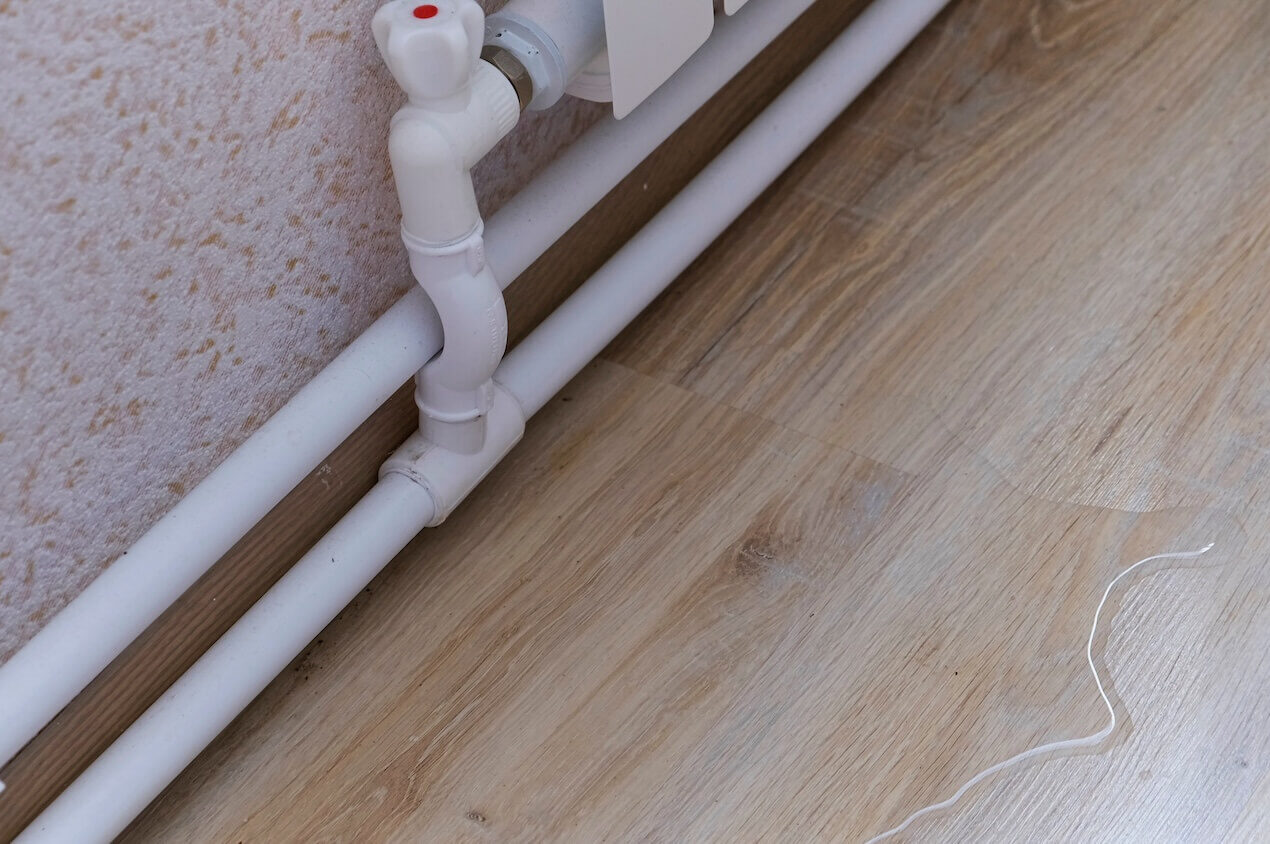$0 Call Out Fee*
Fast 60 Mins Response

8 Vital Tips for Emergency Plumbing Situations
Plumbing emergencies are an unwelcome but inevitable part of homeownership, capable of striking without warning. The understanding of outdated concepts and how to deal with such unexpected situations often determines the quality of the results.
Panicking will only exacerbate the situation, while a calm and methodical approach can lead to a more positive outcome. We offer eight essential tips for managing emergency plumbing scenarios, designed to help you navigate through most home plumbing crises.
Identifying Common Plumbing Emergencies
First, it’s crucial to recognize what constitutes a plumbing emergency. Common emergencies include burst pipes, blocked or overflowing toilets, gas leaks, clogged drains, broken water heaters, and broken sewer lines. In any of these situations, professional assistance from a licensed plumber or gas fitter is essential.
Immediate Actions to Take
Essential Steps to Manage Plumbing Emergencies
When faced with a plumbing emergency, quick and informed action is key to minimizing damage. Here’s how to effectively handle the situation until professional help arrives:
- Shut Off Your Water
In any plumbing emergency, the first step is to cut off the water supply to the affected area. This could mean closing a valve behind a fixture like a toilet or sink. If the issue is widespread or you can’t find the individual valve, locate and close the main water shut-off valve to prevent your home from flooding. This proactive measure is crucial for containing the emergency and preventing further water damage.
- Turn Off Your Hot Water System
Once the water supply is shut off, disabling your hot water system is the next logical step. This prevents the risk of overheating in your water heater, which could lead to more severe damage, such as a burst tank. For gas water heaters, ensure the gas supply is also turned off to avoid potential gas leaks—a critical safety measure.
- Manage Minor Leaks
To control minor leaks, place buckets under dripping areas to catch water and prevent floor damage. For small leaks in pipes, a temporary fix with plumber’s tape or duct tape can be applied to stop the leak until a professional plumber arrives on site.
- Open Drains and Taps Outside
After the main water valve is closed, any remaining water in the pipes can be released by opening all outdoor taps and drains. This step helps to alleviate pressure in the pipes and reduces the risk of internal water damage from the remaining water.
- Avoid Using Chemicals
The temptation to use chemical drain cleaners to clear blockages should be resisted. These chemicals can corrode pipes and do not fix the underlying issue. It’s safer and more effective to leave such blockages to professional plumbers.
- Call an Emergency Plumber
With the initial damage containment measures in place, the next step is to contact an emergency plumber. Plumbing issues can arise at any time, so having a reliable 24-hour plumber on speed dial is a wise move. They can provide immediate assistance and carry out repairs that are both safe and effective.
- Start the Clean Up and Protect Your Belongings
While you wait for the plumber, continue to mitigate damage by cleaning up excess water and moving any items that could be damaged by water to a safe, dry location. This proactive clean-up effort can help reduce the overall water damage to your home.
- Wait for Your Emergency Professional Plumber
After implementing these measures, the best course of action is to stay calm and wait for your plumber to arrive. Any further attempts at repair could exacerbate the problem or introduce new risks, especially if the work requires specialized knowledge and tools.
Staying Ahead of Plumbing Emergencies
By understanding the nature of plumbing emergencies and knowing the initial steps to take, you can minimize damage and protect your home. Plumbing’s emergency services are designed to provide rapid assistance, often within an hour of your call.
Remember, the key to handling plumbing emergencies is preparation and swift, professional intervention. With these tips and the support of expert plumbers, you can face any plumbing crisis with confidence.
